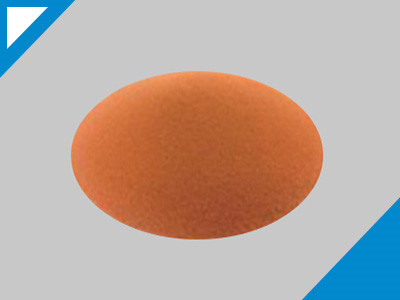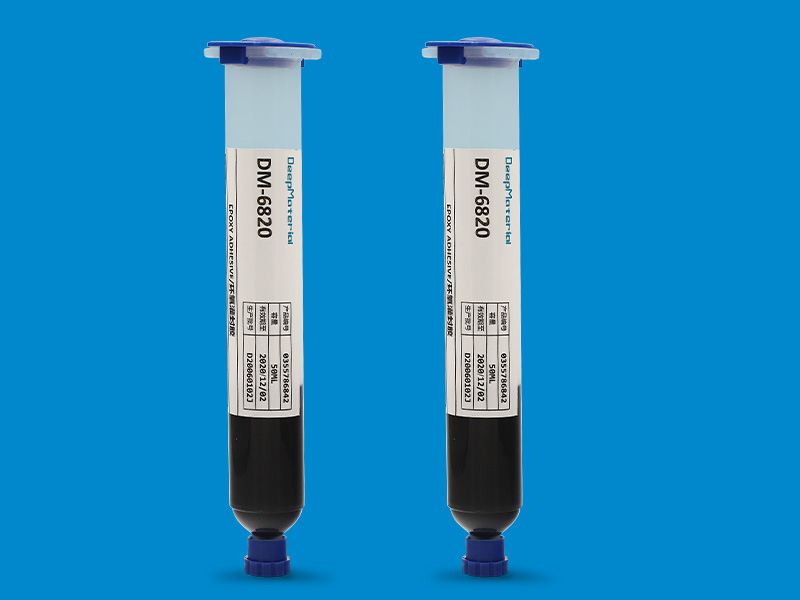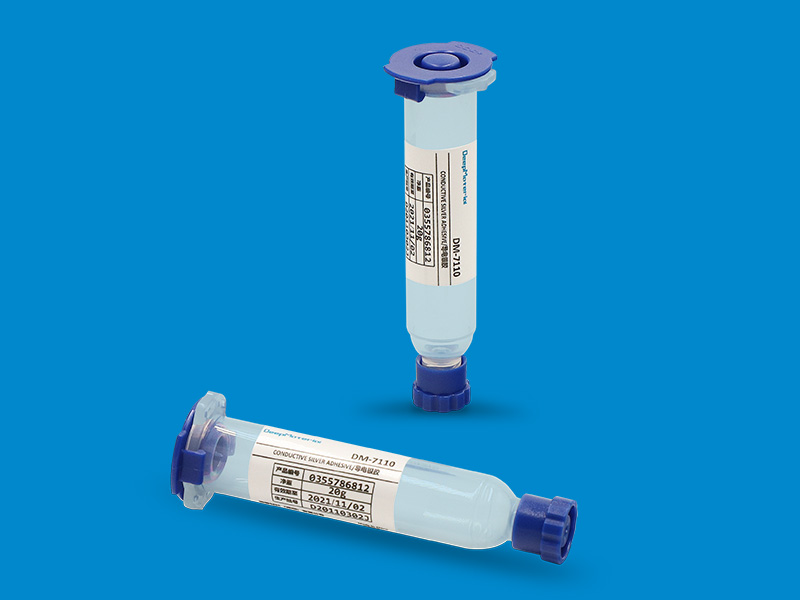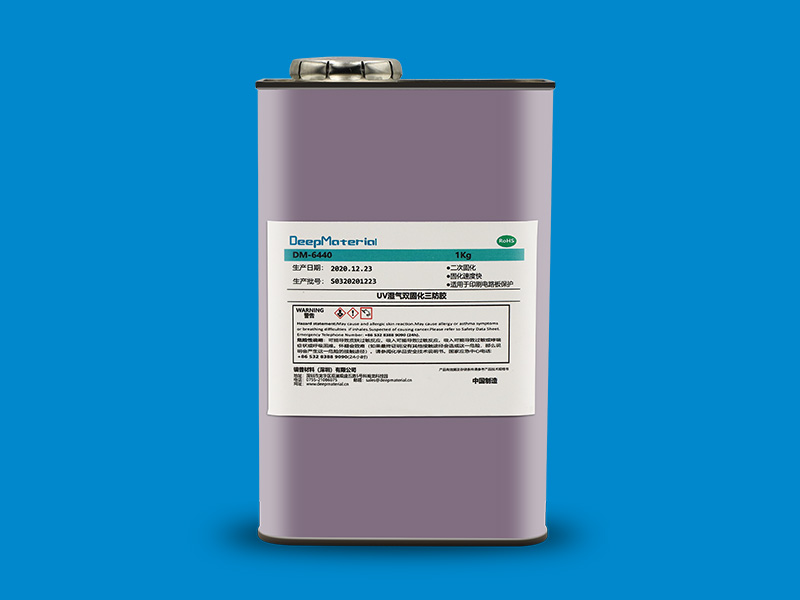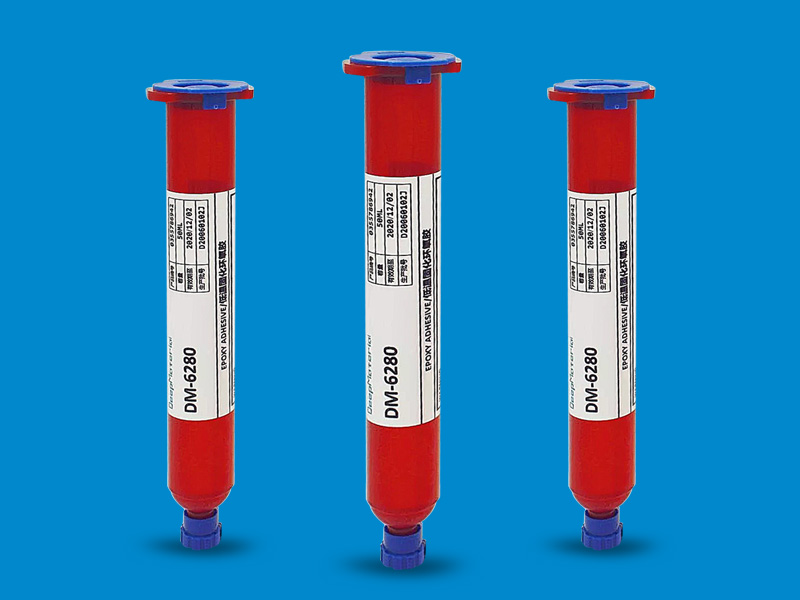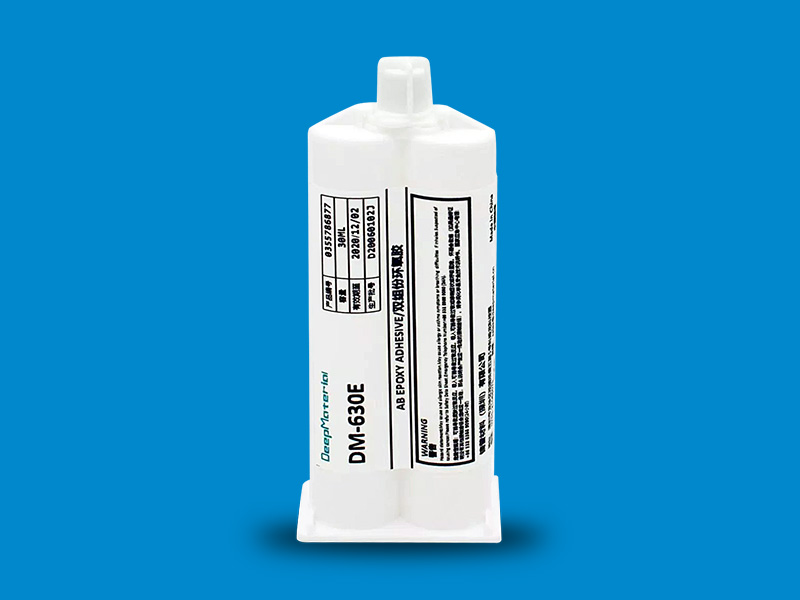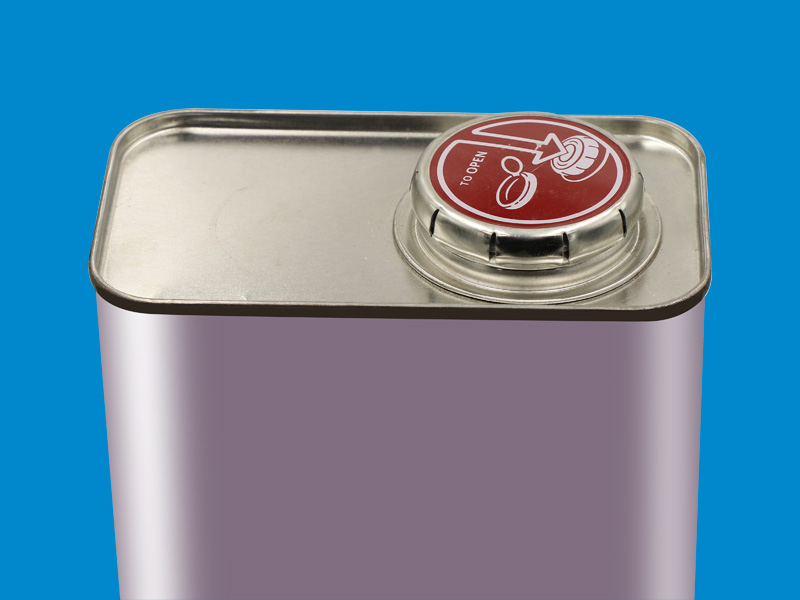The Role of Insulating Epoxy Coating in Preventing Electrical Failures
The Role of Insulating Epoxy Coating in Preventing Electrical Failures
Insulation plays a crucial role in electrical systems, as it helps prevent electrical failures and ensures the safe and efficient operation of equipment. Without proper insulation, electrical systems are at risk of short circuits, electrical shocks, and even fires. One effective solution to prevent these failures is the use of insulating epoxy coating.
This article will provide a detailed explanation of electrical failures, the importance of insulation, and how insulating epoxy coating works. It will also discuss the advantages of this coating over other insulation methods, the different types available, factors to consider when choosing the right coating, and proper application and maintenance techniques.
Additionally, case studies will be presented to showcase successful applications of insulating epoxy coating in preventing electrical failures. Finally, the article will explore future developments and trends in insulating epoxy coating technology.

Understanding Electrical Failures and their Causes
Electrical failures can occur due to various reasons, including poor insulation, overloading, voltage surges, and environmental factors such as moisture and dust. Poor insulation is one of the leading causes of electrical failures. When the insulation in an electrical system deteriorates or becomes damaged, it can lead to short circuits, arcing, and electrical shocks. These failures can result in equipment damage, downtime, and even pose a safety risk to personnel.
Insulation plays a critical role in preventing electrical failures by providing a barrier between conductive materials and preventing the flow of electricity where it is not intended to go. It helps maintain the integrity of the electrical system by preventing current leakage and ensuring that electricity flows only through the intended path. Insulation also protects against environmental factors such as moisture and dust, which can cause corrosion and damage to electrical components.
The Importance of Insulation in Electrical Systems
The importance of insulation in electrical systems cannot be overstated. Inadequate insulation can lead to a range of problems, including equipment damage, reduced efficiency, increased energy consumption, and safety hazards. When insulation is compromised, electrical current can leak or flow through unintended paths, resulting in short circuits, arcing, and electrical shocks. These failures can damage equipment, disrupt operations, and pose a risk to personnel.
In addition to preventing electrical failures, insulation also helps improve the efficiency of electrical systems. By reducing the loss of electrical energy through leakage and minimizing the effects of environmental factors, insulation helps ensure that electricity is used efficiently and effectively. This can result in cost savings and improved performance.
How Insulating Epoxy Coating Works
Insulating epoxy coating is a type of insulation material that is applied as a protective layer on electrical components and surfaces. It is made up of a combination of epoxy resin and a hardener, which react chemically to form a durable and electrically insulating material. When applied to electrical systems, insulating epoxy coating forms a protective barrier that prevents the flow of electricity where it is not intended to go.
Insulating epoxy coating works by providing a high dielectric strength, which is the ability to withstand high voltages without breaking down. It also has excellent thermal conductivity, which helps dissipate heat generated by electrical components. Additionally, insulating epoxy coating has good adhesion properties, allowing it to bond effectively to various surfaces and provide long-lasting protection.
Advantages of Insulating Epoxy Coating over Other Insulation Methods
Insulating epoxy coating offers several advantages over other insulation methods. Compared to traditional insulation materials such as rubber or PVC, insulating epoxy coating provides superior protection against electrical failures. It has a higher dielectric strength, better thermal conductivity, and improved resistance to environmental factors such as moisture and dust.
Another advantage of insulating epoxy coating is its versatility. It can be applied to a wide range of surfaces, including metals, plastics, ceramics, and composites. This makes it suitable for use in various electrical systems and applications. Insulating epoxy coating is also easy to apply, as it can be sprayed, brushed, or dipped onto surfaces. It cures quickly and forms a seamless and uniform coating that adheres well to the substrate.
Types of Insulating Epoxy Coating and their Applications
There are different types of insulating epoxy coating available, each with its own unique properties and applications. Some common types include:
High Voltage Insulating Epoxy Coating: High voltage electrical systems require specialized coatings that can withstand the immense electrical stress and provide insulation to prevent electrical breakdown. This type of coating is designed to have a high dielectric strength, which means it can resist electrical breakdown and prevent current leakage.
It is also highly resistant to electrical breakdown, which means it can maintain its insulating properties even under extreme conditions. This coating is typically applied to electrical equipment such as transformers, capacitors, and high voltage cables to protect them from damage caused by electrical arcing and other electrical stresses.
Thermal Conductive Insulating Epoxy Coating: The coating is designed to have a balance of properties that allow it to provide both insulation and thermal conductivity. This is achieved by using materials that have high thermal conductivity, such as metals or ceramics, and combining them with insulating materials, such as polymers or ceramics. The resulting coating can effectively transfer heat away from the source while also preventing electrical current from flowing through it.
This makes it ideal for use in applications where heat dissipation is critical, such as power electronics and LED lighting. In these applications, excessive heat can cause damage to components or reduce their lifespan, so the use of this type of coating can help to improve performance and reliability.
Moisture Resistant Insulating Epoxy Coating: The coating is made up of specialized materials that are formulated to resist the effects of moisture and humidity. It creates a barrier that prevents water from penetrating the surface and causing damage. This makes it ideal for use in environments where moisture is present, such as near bodies of water or in areas with high humidity levels.
The coating is also highly durable and can withstand exposure to the elements, making it suitable for use in outdoor settings. It can be applied to a variety of surfaces, including metal, wood, and concrete, providing long-lasting protection against moisture damage.
Chemical Resistant Insulating Epoxy Coating: Chemical and solvent-resistant coatings are specially designed to provide protection against the harmful effects of chemicals and solvents. These coatings are commonly used in industrial and commercial settings where exposure to corrosive substances is a concern. They are applied to various surfaces, including metal, concrete, and wood, to prevent damage caused by chemical spills or exposure.
The coatings are formulated with high-performance resins and additives that provide excellent adhesion, durability, and resistance to abrasion, impact, and UV rays. They can withstand harsh environments such as chemical processing plants, laboratories, and manufacturing facilities.
 Conclusion
Conclusion
Insulating epoxy coating is a highly effective solution for preventing electrical failures in various applications. It provides superior insulation, thermal conductivity, and resistance to environmental factors. With its versatility and ease of application, insulating epoxy coating offers several advantages over traditional insulation methods. By choosing the right type of coating and following proper application and maintenance techniques, electrical systems can be protected from failures and operate safely and efficiently.
For more about choosing the Top Industrial Electronic Adhesives Suppliers, you can pay a visit to DeepMaterial at https://www.electronicadhesive.com/about/ for more info.


